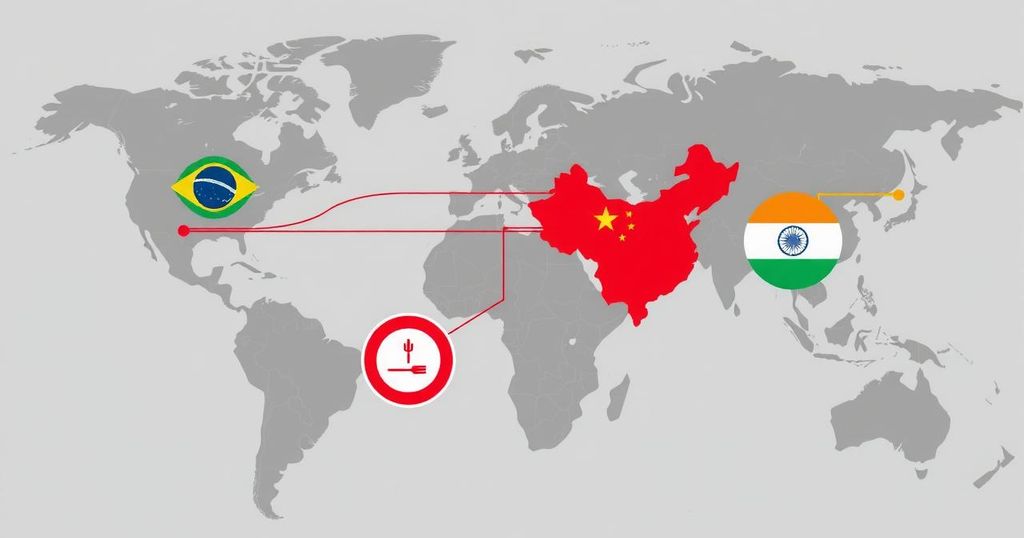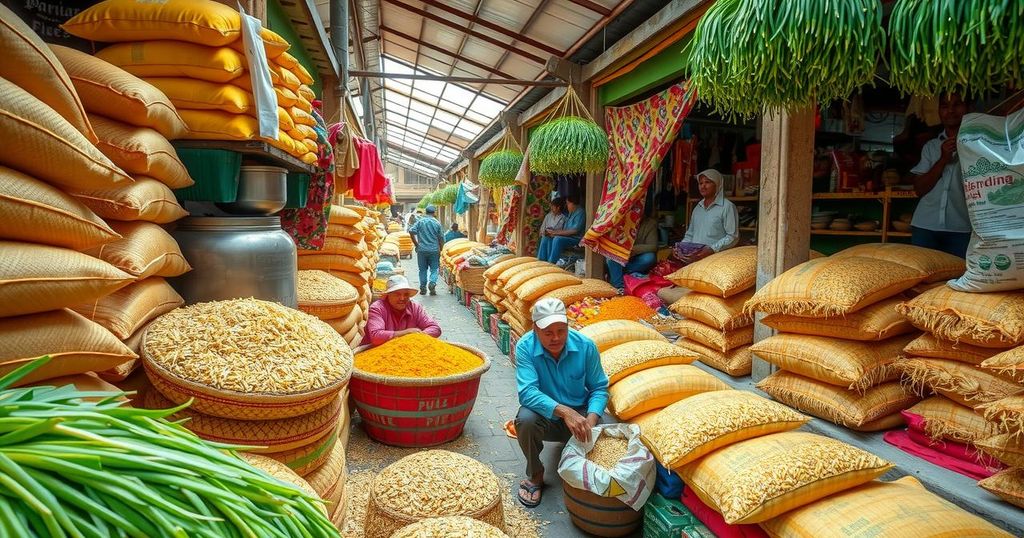Global news
ASIA, BIDEN ADMINISTRATION, BRAZIL, CHINA, DEFENSE, DMITRY MEDVEDEV, DONALD TRUMP, EUROPE, EUROPE/ASIA, GEOPOLITICS, HOUSE, INDIA, INTERNATIONAL RELATIONS, KYIV, MARK RUTTE, MEXICO, MILITARY SUPPORT, MOSCOW, NATO, NORTH AMERICA, PUTIN, REUTERS, RU, RUSSIA, RUSSIA-UKRAINE WAR, RUTTE, SECURITY COUNCIL, SENATE, SERGEI RYABKOV, SOUTH AMERICA, TRUMP, U. S, U. S. CONGRESS, UKRAINE, UNITED STATES, US, WASHINGTON, WHITE HOUSE
Jamal Walker
0 Comments
NATO Secretary General Warns Brazil, China, and India About Sanctions
- NATO Secretary General Mark Rutte warns about potential sanctions.
- Brazil, China, and India could face heavy penalties from U.S. tariffs.
- Trump’s proposed tariffs may reach a staggering 100% on Russian goods.
- The U.S. administration seeks significant financial pressure for peace negotiations.
- Russia’s officials respond dismissively to Trump’s ultimatums.
NATO’s Concerns Over Secondary Sanctions on Trade Partners
NATO Secretary General Mark Rutte recently raised alarms regarding the potential impact of secondary sanctions on countries like Brazil, China, and India. This remark came during his talks with U.S. senators, highlighting concerns following President Donald Trump’s announcement of new weapon shipments to Ukraine and a looming threat over Russian exports. The President’s strong stance, emphasizing a hefty 100% tariff on Russian goods dependent on upcoming peace negotiations, positions significant pressure on nations that engage in trade with Russia.
Implications of U.S. Tariffs on Global Trade
As reported by Reuters, the U.S. administration, led by Trump, is seriously considering enforcing a 100% tariff on Russian imports and extending secondary sanctions to countries like Brazil, China, and India if they maintain their commercial ties to Russia. Rutte’s warning reflects a broader diplomatic strategy aimed at persuading nations to reconsider their economic relationships with Russia amid ongoing global tensions. Trump has publicly indicated that such tariffs could dramatically affect any nation purchasing oil and other exports from Russia, aiming for significant financial motivations to reach a peace agreement within a 50-day timeframe.
Russia’s Stance on U.S. Ultimatums
The reaction from Russia to Trump’s aggressive tactics has been decidedly dismissive. Deputy Foreign Minister Sergei Ryabkov indicated that while Russia is open to dialogue, Trump’s ultimatums are unreasonable and unlikely to yield positive outcomes. Former President Dmitry Medvedev echoed this sentiment, criticizing Trump’s threats as largely performative and without substance. As trade dynamics evolve, particularly involving major consumers like China, India, and Turkey, the fallout for these countries could be quite severe if the U.S. follows through on its tariff threats.
The recent statements by NATO Secretary General Mark Rutte underscore the grave implications of U.S. sanctions, particularly for countries like Brazil, China, and India that engage with Russia. As the U.S. administration considers heavy tariffs to bolster negotiations for peace, the broader geopolitical landscape is likely to shift significantly. Russia’s dismissive response reveals the tension in these international relationships and suggests that any ultimatums may provoke further complications rather than resolutions in the ongoing crisis.




Post Comment